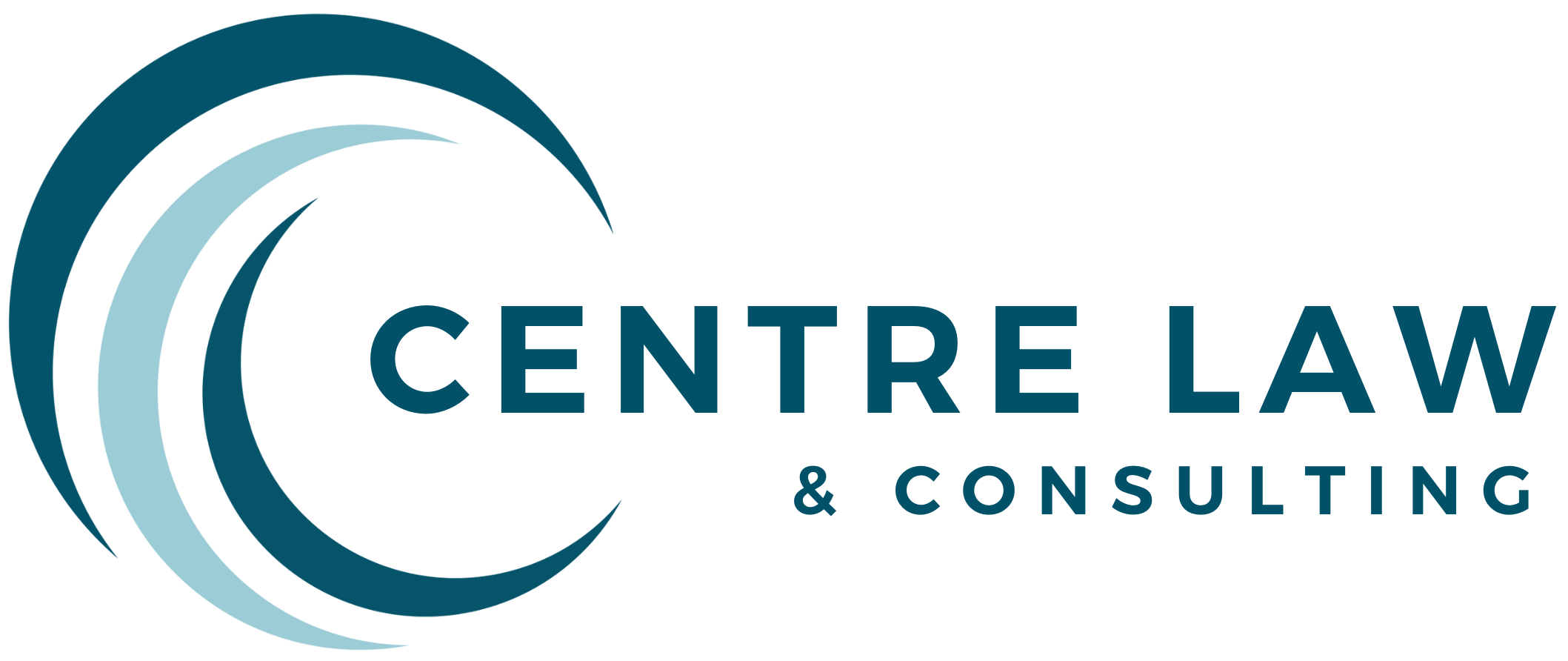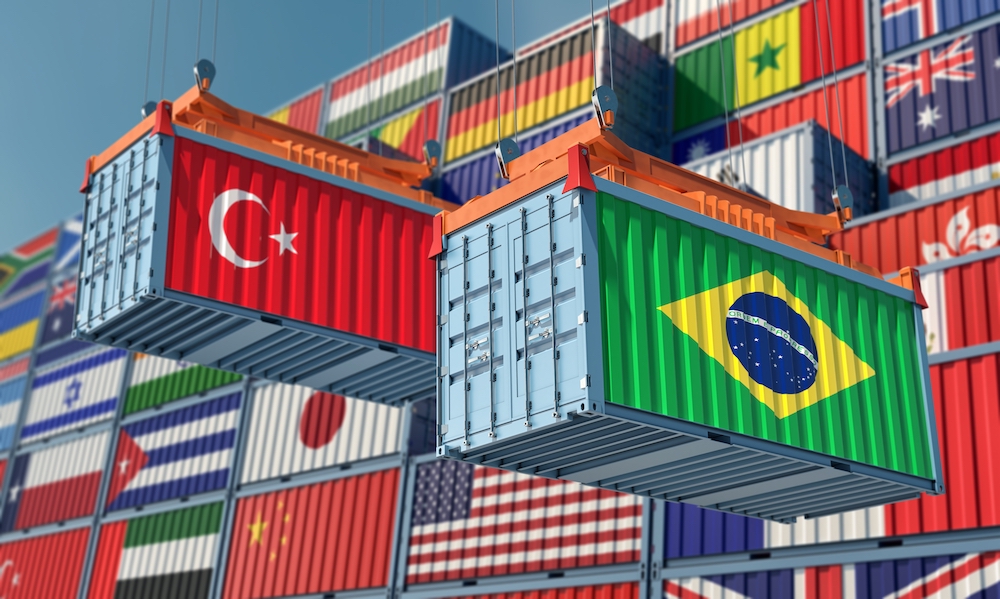Buy American? or Buy America? Build America? Confusing right?
“Buy American” refers to domestic content preferences applied to federal procurement, meaning the goods purchased by the U.S. Government for its use. On the other hand, “Buy America” generally applies to awards made with Federal financial assistance funding. There is no single “Buy America” statute. If you have questions about the Buy American Act, attend our training class when available or reach out to the author.
This blog focuses on the Build America, Buy America Act (BABAA). BABAA, enacted as part of the Infrastructure Investment and Jobs Act on November 15, 2021, that established a domestic content procurement preference for structures, equipment, and facilities on all federally funded infrastructure projects[1] unless otherwise specified. So why does it matter to you? If you are involved in a federally funded infrastructure project, understanding and adhering to the BABAA is not just a formality but a crucial part of compliance. But remember…BABAA only applies to Federal-awarded infrastructure projects where Federal funds are made available.
What is the BABAA requirement?
All of the iron, steel, manufactured products, and construction materials used in the infrastructure project should be produced in the United States unless the procuring agency waives the requirements. Good news, right? Well, only if the agency deems it “necessary” to grant a waiver of the BABAA. There are waivers that have already been applied by many agencies for which you may be able to qualify.
What are some of those waivers?
- Many agencies have a “small grants” waiver where the Federal agency’s financial assistance agreement does not exceed $250,000. If that is the case, BABAA does not apply.
- A “de-minimus waiver” may apply when the value of all purchases on the project (not just of your portion but for the total) is less than or equal to five percent (5%) AND less than or equal to $1 million of the total project cost.
- Agencies apply the “public interest waiver” when the domestic content procurement preference is contrary to public interest. For example, the EPA has several public interest waivers that may be applicable.
- An “unreasonable cost waiver” is applied when the inclusion of iron, steel, manufactured products, or construction materials produced in the United States will increase the cost of the overall project by more than 25 percent.
- Finally, a “non-availability waiver” can be granted when types of iron, steel, manufactured products, or construction materials are not produced in the United States in sufficient and reasonably available quantity or quality.
That’s quite a few isn’t it? But that’s not all. Even if you don’t fit under any of the above waivers, you (or your prime contractor) can still ask the buying agency for a waiver. However, the waiver request must be approved by the buying agency prior to the procurement.
Still confused? Centre Law & Consulting has extensive experience counseling companies on the nuances of BABAA and its compliance requirements. If you have any questions or need additional information, reach out to the author or to the Centre Law BABAA attorney with whom you normally deal.
[1] BABAA defines infrastructure as “any activity related to the construction, alteration, maintenance or repair of a public infrastructure in the U.S.” (See also 2 CFR 184.4(c) and (d).)


